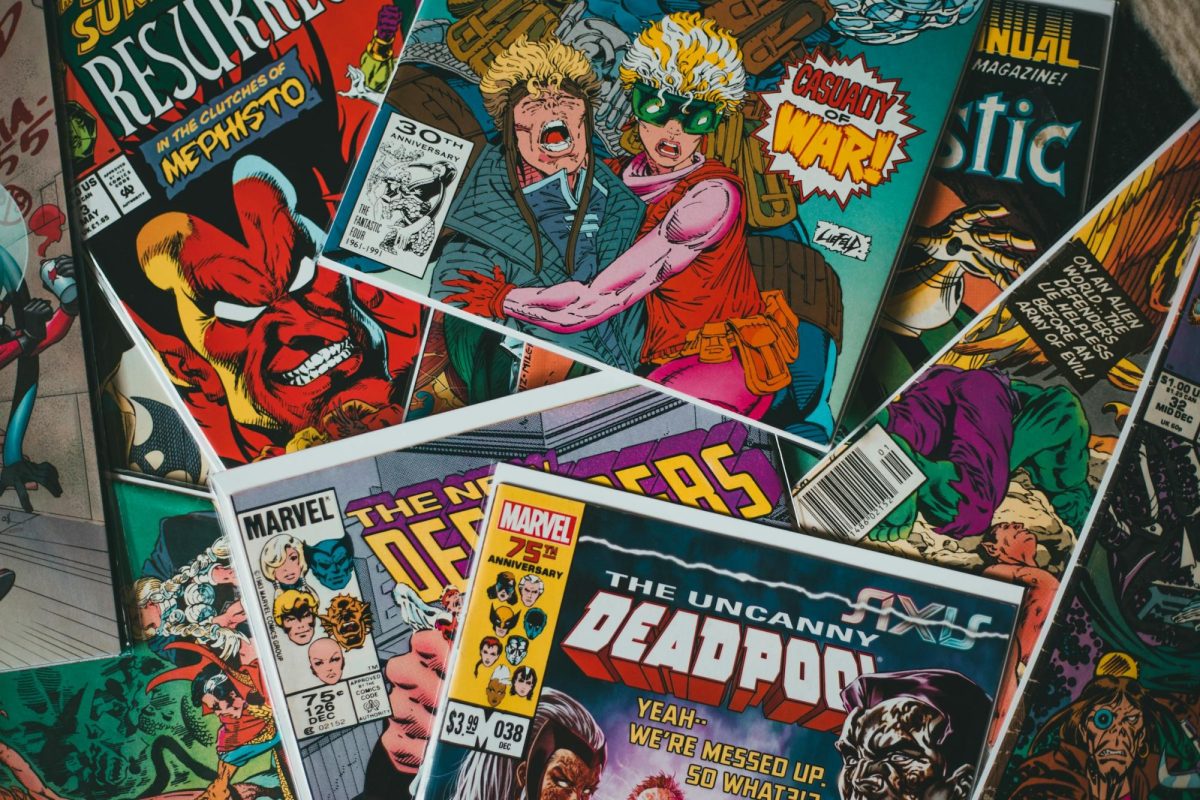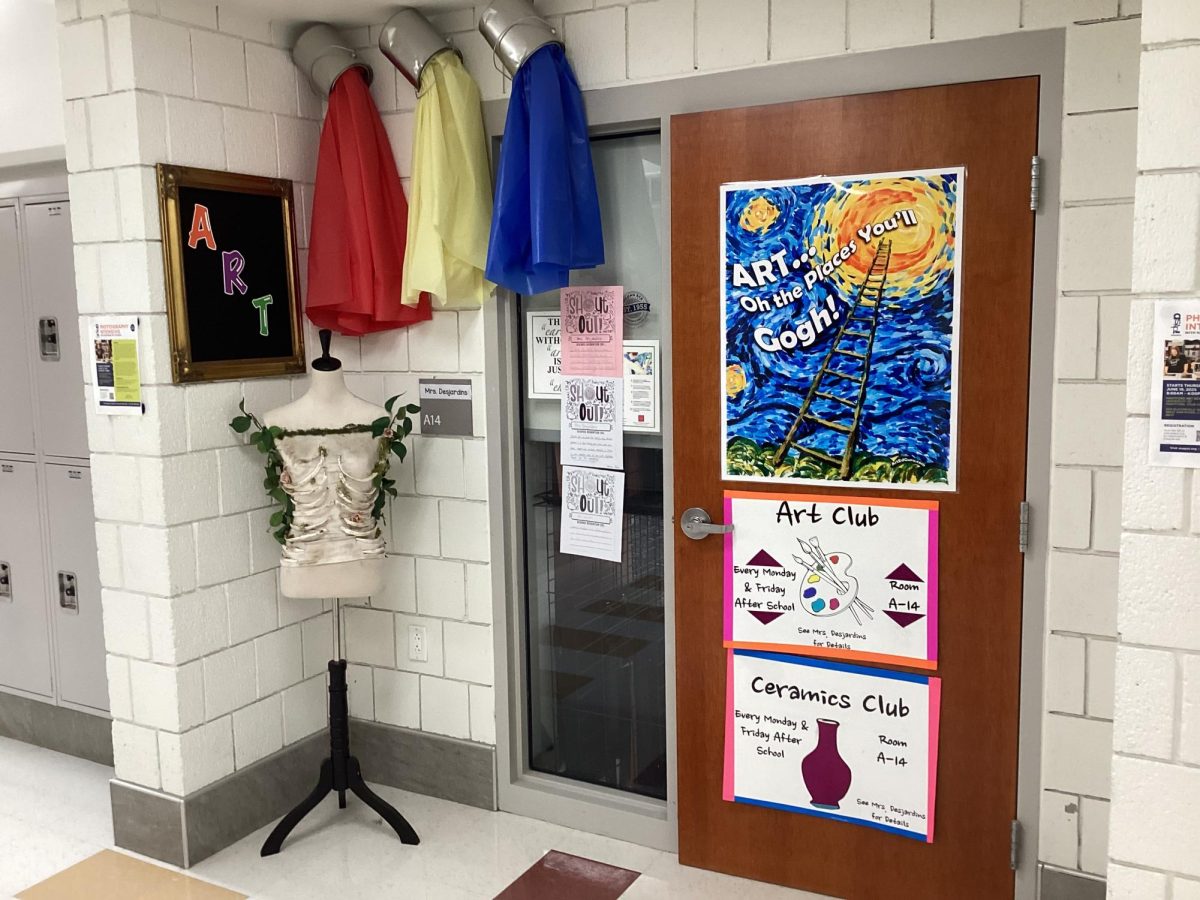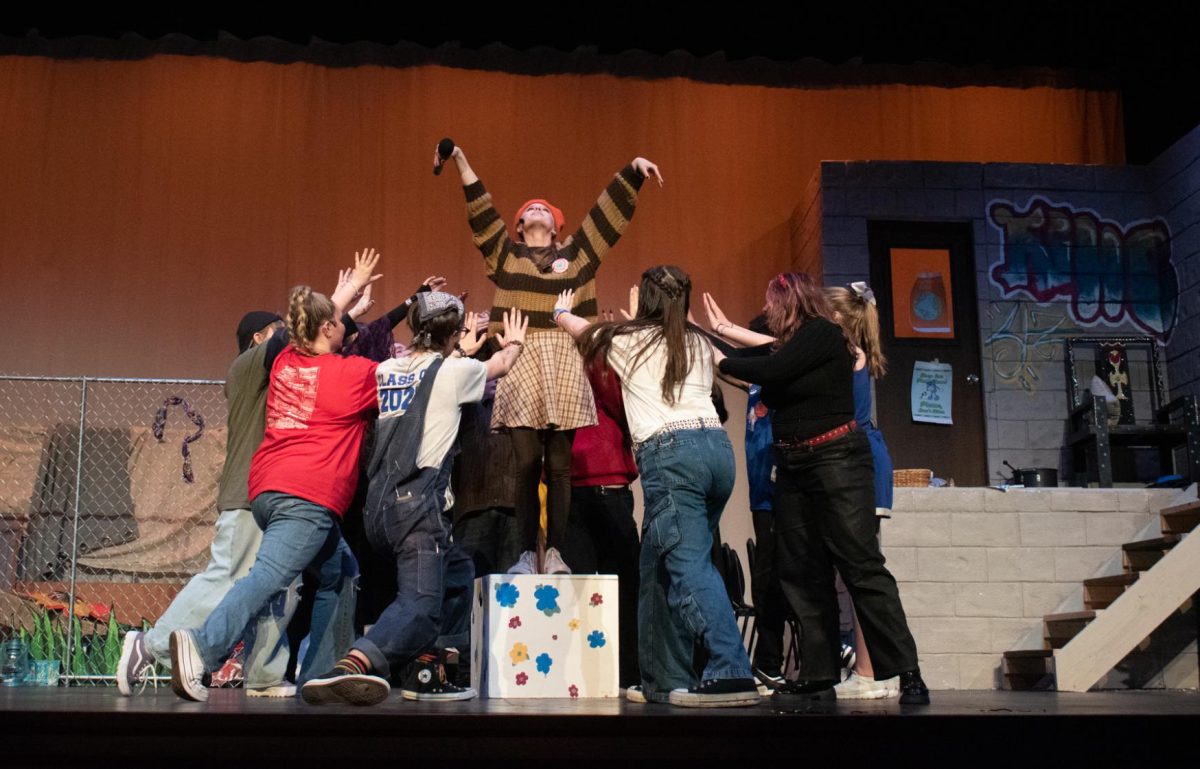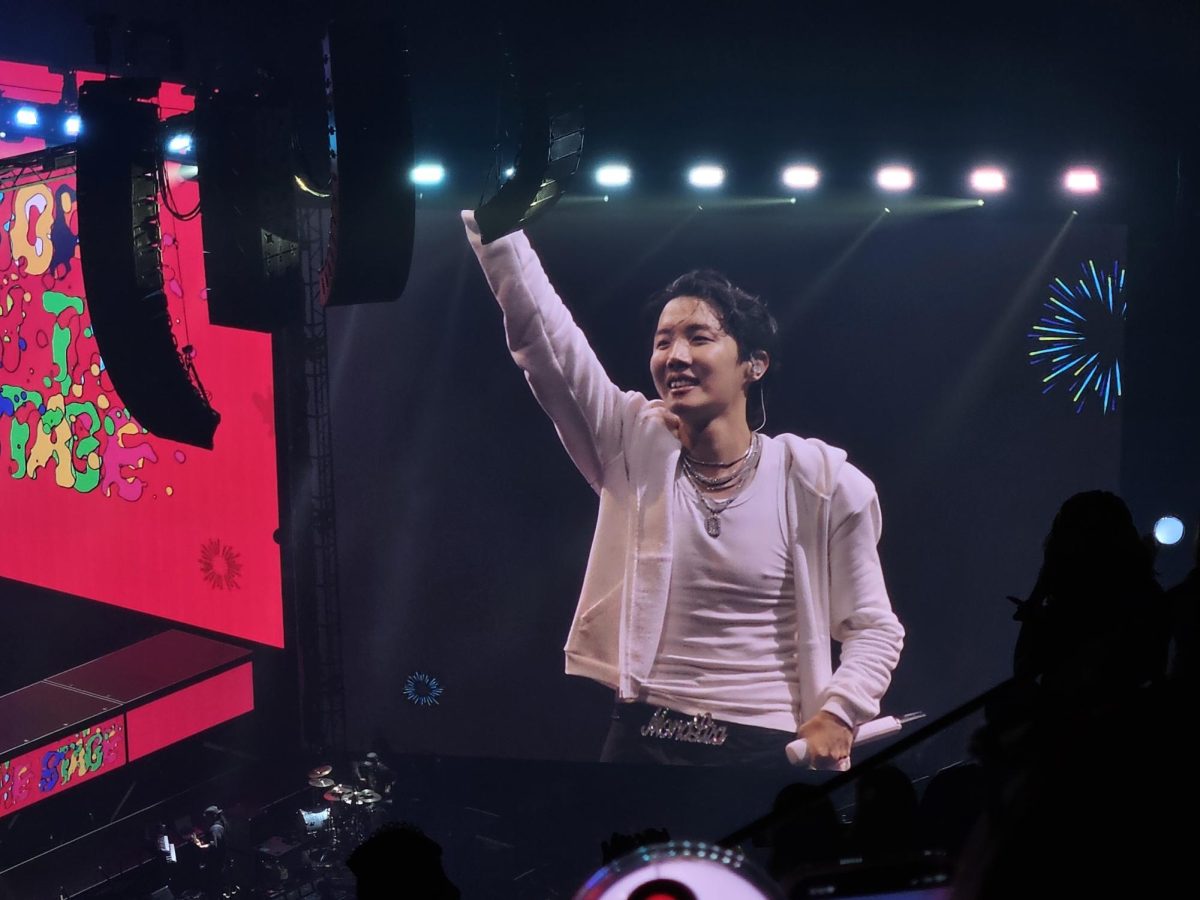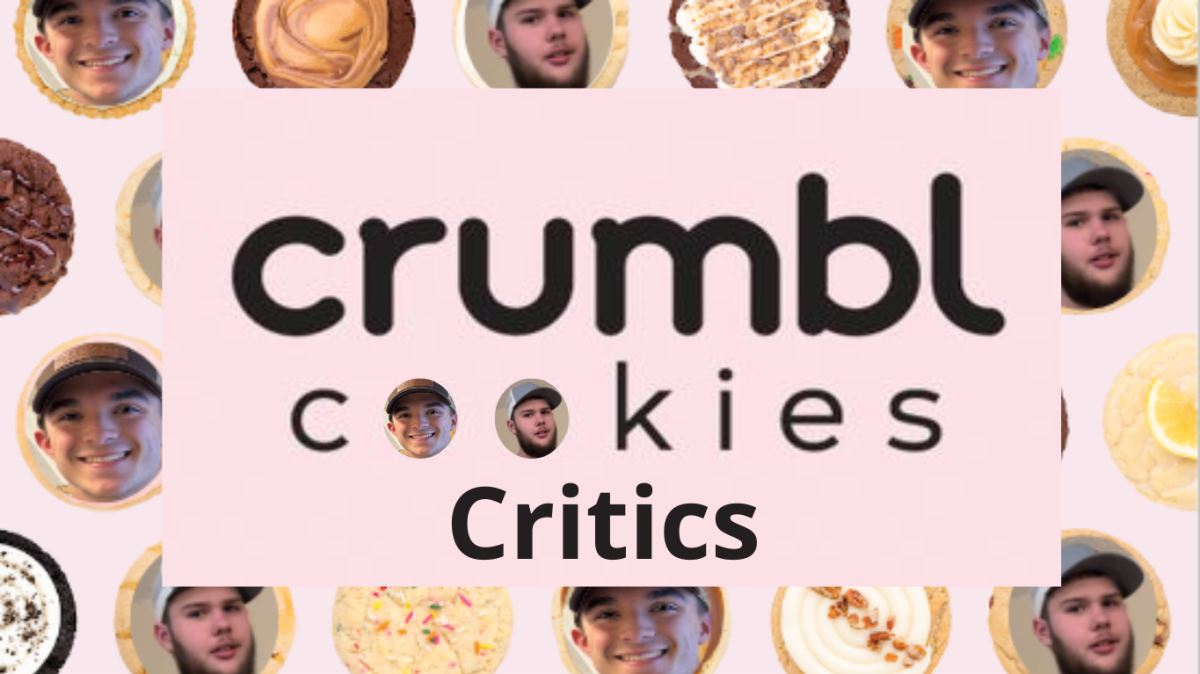WOODBURY — Comics—heroes, and the stories they come from—affect people’s lives, change their attitudes, and teach them lessons (with great power comes great responsibility). Today’s comics have lived up to those words.
Many kids idolize heroes from movies, TV shows, or comics. Many people still read comics or watch superhero movies even as adults.
“I was mostly a Marvel person,” said NHS math faculty Ray Robillard. “I was a huge fan of reading Fantastic Four, X-Men, and Spiderman. I never got much into the Avengers.”
For Robillard, and fellow readers, these comics played an important role in childhood.
“I think the stories taught me some good life lessons,” Robillard said. “Most people are aware of the Spiderman line, “With great power comes great responsibility,” “but when I look back at how the heroes of those stories only stopped the villains but never killed them, I now recognize that as a “kid-friendly” version of the infamous Trolley Problem.”
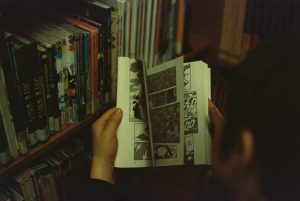
Many students at NHS love to read, and one of the most popular genres NHS students can be seen with on campus includes comics. With so many heroes, villains, and story lines, comics have become widespread, many making more than movies about them. Comics have become the easiest way to have children read.
Comics have deeper meanings than heroes fighting villains and saving the day; comics explore internal struggles and many end up affecting people’s behaviors and actions.
How do these stories affect kids? How do they mold them into the people they are today?
“I think whenever students have something that they can relate to or an outlet to relieve stress, that’s a good thing, so if reading comic books is that outlet for them, that’s great,” said NHS psychology instructor Marissa Christoff.
Within the classroom, instructors like Christoff have found creative ways to embed some of these student interest areas into their own teaching.
“I’m going to do a project called the Super Hero Project with the brain where students are going to create superheroes that match if that part of the brain was super or enlarged,” said Christoff. “Students tend to really like that project because I think what you’re trying to research right here because many people connect with superheroes.”
Superheroes are a model for many kids. Heroes lead the next generation, and students can find their role models in a variety of contexts.
“Comic books are a great role model for many people,” said freshman Miles Bayliss. “While I personally wasn’t motivated by them, I’ve seen many people who have been comics teach many valuable lessons, like to help others and always be kind.”
While superheroes are a great role model, they can also be useful for getting kids to read.
“Comics are a great way to read and are very entertaining,” said Bayliss. “I suggest that future generations read and enjoy comics. They can teach them so many wonderful and creative things.”



